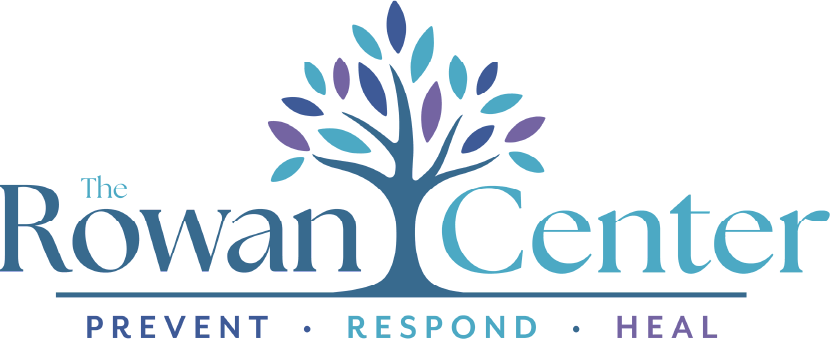When someone you care about tells you they have been assaulted, it’s not always easy to know what to say—still, it’s important to be supportive. Research shows that survivors who disclose and are met with an understanding reaction have a more positive healing journey overall.
According to a study from the National Library of Medicine on the effects of social reactions to disclosure, a victim’s “perceived control over recovery” is crucial to their healing process. Several studies have found that increased perceived control over recovery—the more a victim feels like they can take charge of their own choices and feelings—is linked to lessened PTSD symptoms. The opposite is also true.
The study found that “blaming the victim or attempting to control [their] actions and feelings after sexual assault may reinforce the loss of control experienced during assault and translate into perceptions of poor control over recovery.”
Some are surprised to learn that these negative responses can even come from well-meaning loved ones who want to help but are unsure of how to respond. Damage can still occur even if the intentions are good.
The good news is that through education and awareness of how to sensitively and compassionately respond to sexual assault disclosure, we can collectively lessen PTSD symptoms in survivors and be a helpful part of the healing process.
Here are some tips from The Rowan Center on appropriate responses to disclosure:
- Remember that disclosing can be difficult for survivors.
- Try to be supportive and non-judgmental throughout the entire conversation
- Use phrases like “I believe you” and “It’s not your fault” to support them
- Remind your loved one that they are not alone. Tell them you are here for them.
- Acknowledge the courage it took for them to open up about their experience and encourage them to only share what they feel comfortable with. Don’t push or pry.
- In the long term, check in regularly to see how they are doing.
The National Sexual Violence Resource Center emphasizes a few things not to do when responding to disclosure. These actions can decrease perceived control and increase PTSD symptoms.
- Don’t play detective; resist quizzing the victim on the details of what happened and what they did or did not do.
- Don’t tell a survivor what they need to do, but be prepared to guide them toward their next steps if they ask.
- Try not to respond with intense emotions. You might think this is showing the victim you care, but it usually just places an additional burden upon them.
Here are a few more phrases that let the survivor know you’re on their side:
- You are not alone.
- You didn’t do anything to deserve this.
- Thank you for telling me this.
- I am always here for you.
NSVRC even provides a helpful acronym that may be easier to pull from memory in a time of crisis:
When someone discloses to you, remember to TALK:
- Thank them for trusting you
- Ask how you can help
- Listen without judgment
- Keep supporting
While we hope that sexual assault never happens to someone we know, the reality is that every 73 seconds, someone is sexually assaulted in the U.S. This is an incredibly sobering statistic. It means that we all need to be prepared to respond to disclosure from friends, family, or others.
While we carry on the fight for prevention, we can walk alongside survivors and help their healing journey by being aware, sensitive to their perception of our response, and above all, non-judgemental and supportive. Through proper disclosure response education, we believe we can affect society-wide change and lessen the burden placed on individuals who have been forced to grapple with a life-changing trauma.
We use the term primary victim/survivor to describe an individual who is suffering because an act of sexual violence was committed against them. A secondary victim/survivor is an individual who is suffering because an act of sexual violence was committed against someone close to them. The same one act can hurt so many people, not just the primary victim/survivor. This is why we provide support and counseling for secondary victims as well. Visit our counseling page to get in contact with our staff and set up an appointment.
You can also always reach us on our 24/7, confidential hotline at 203-329-2929 (Línea 24/7 en Español: 888-568-8332). If you or someone you know has experienced sexual violence, we are here for you.
